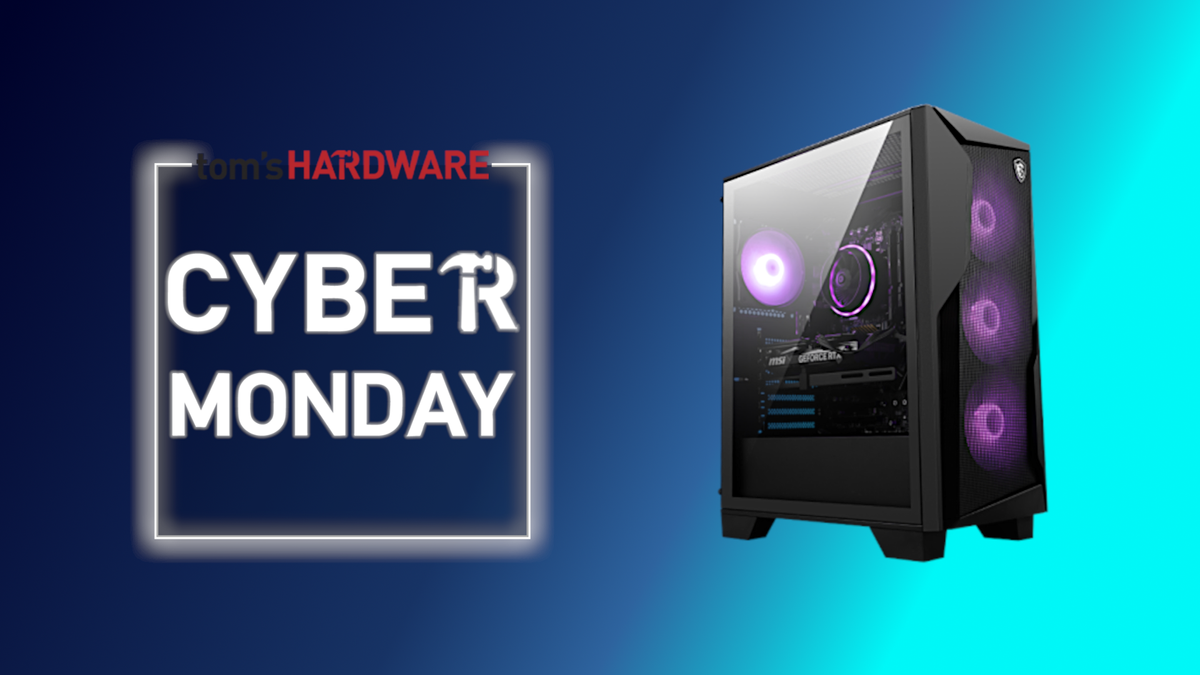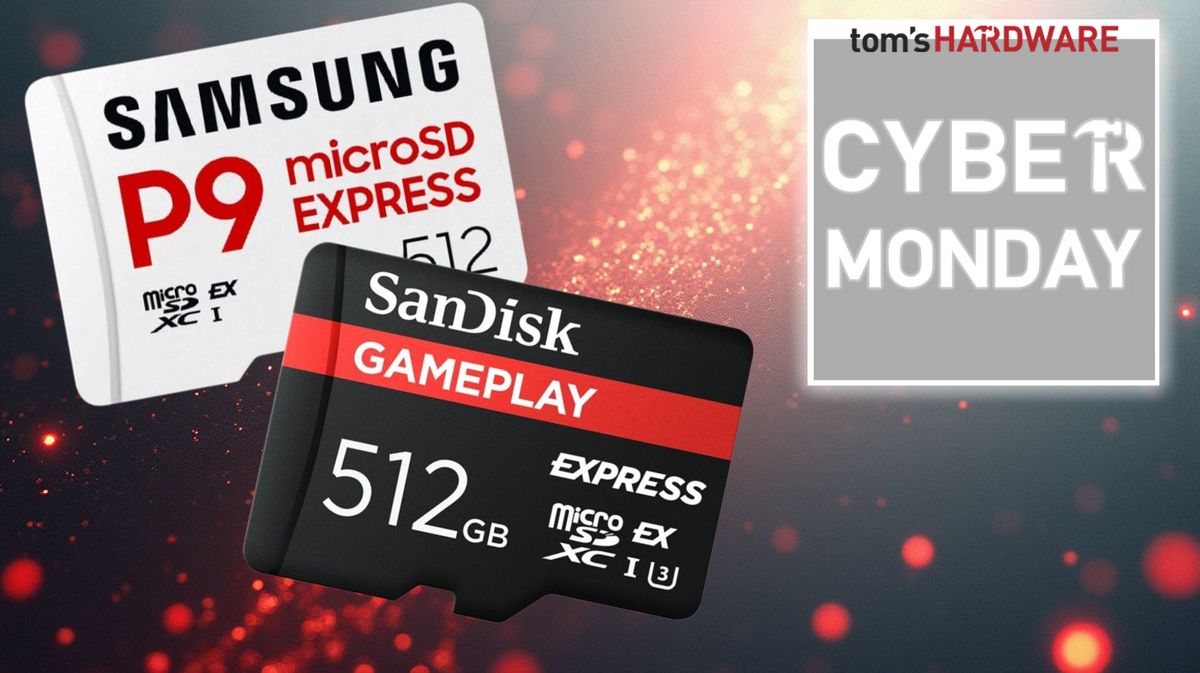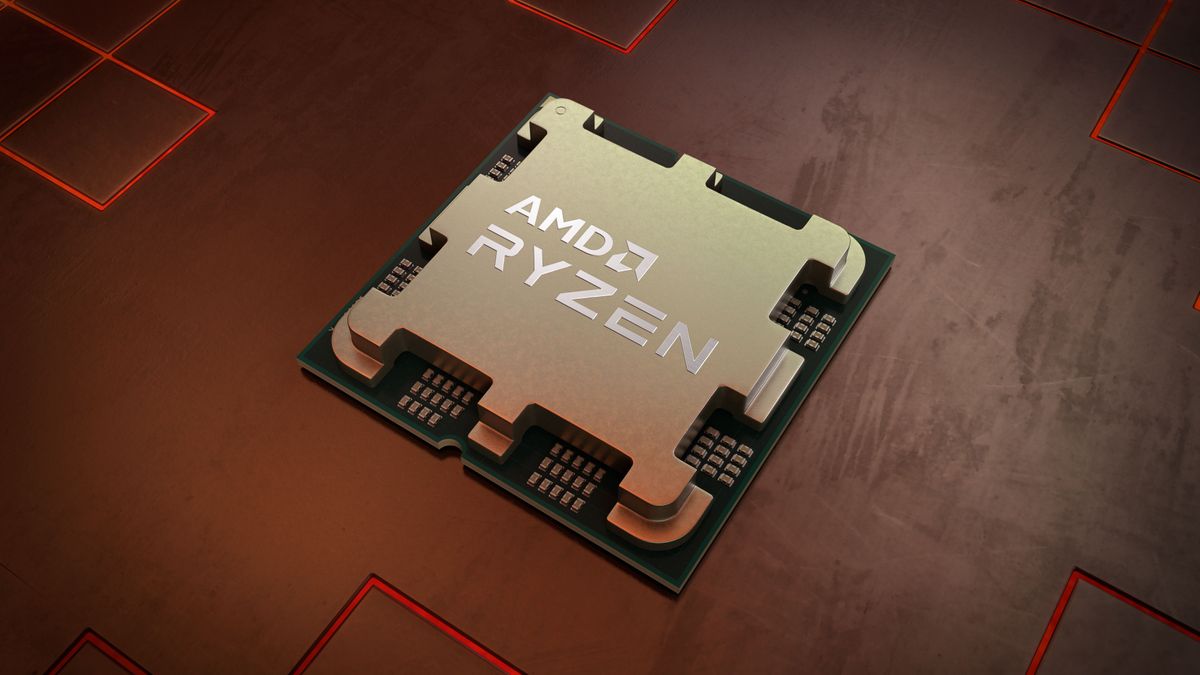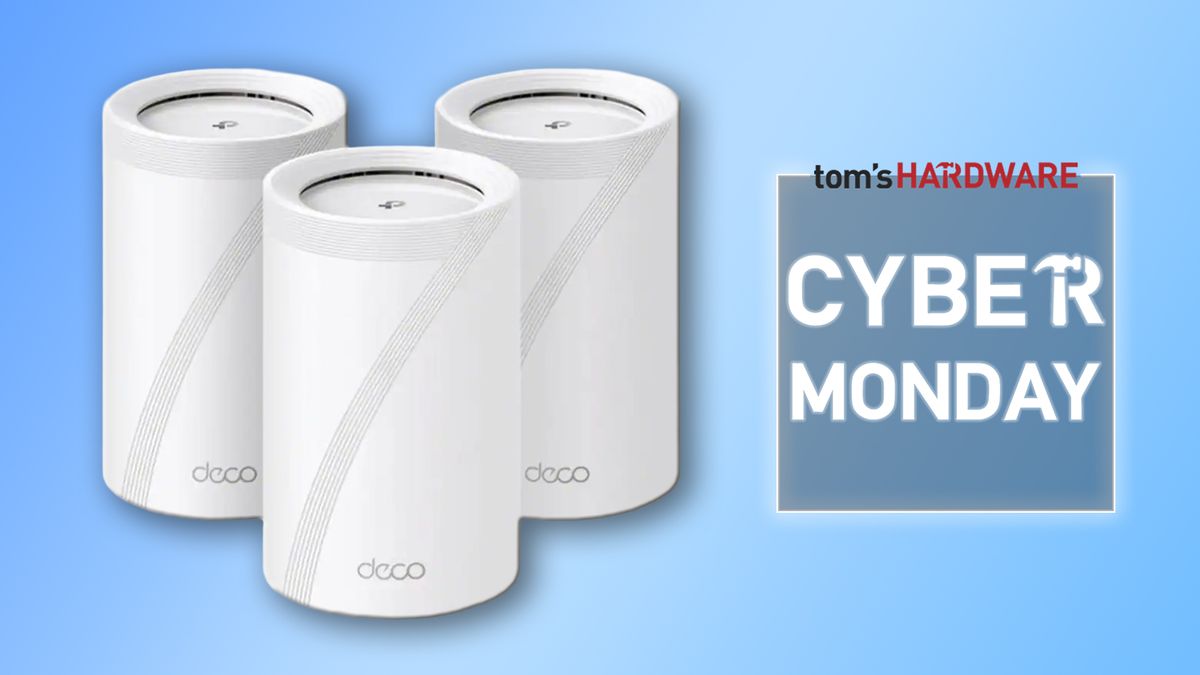A Reddit user got a very unexpected surprise upon booting their PC: 50GB of anime girl pictures in their Windows temp folder, courtesy of XPG's Prime utility. This software was originally designed to customize and sync RGB lighting across compatible products. In our brief testing, we found that the software doesn't delete temporary UI wallpaper images and creates new redundant copies on every restart.
Why is XPG Prime filling my Windows Temp folder with 50 GBs of anime girls pictures? from r/pcmasterraceXPG is a gaming hardware and accessories product brand from Adata that specializes in RAM and SSDs, with a strong commitment to its anime styled aesthetics, which you'll find present on everything from their boxes to their apps. They've even gone as far as to create a mini anime series on their YouTube channel.
To determine the underlying cause, I installed XPG Prime on my system, which conveniently has a DDR5 memory kit from XPG's Lancer series. There's no standalone installer for XPG Prime, so I had to grab it from the Microsoft Store. On opening the app, it prompted me to create or use an existing XPG account, though there was an option to proceed as a guest as well.
You might wonder, why does an app that's built to control and synchronize RGB need to store such a vast-collection of anime pictures? Under its "Wallpaper" section, XPG Prime allows users to change their wallpaper from one of seventeen options. For those wondering, that massive 50GB chunk was just hundreds of copies of the same seventeen images, not unique ones.
I tried reopening the app several times while monitoring the size of my temp folder. Every time the app started, it generated a roughly 15MB copy of the same wallpapers. This might vary from user to user, but reaching 50GB at this rate would require over 3,000 attempts. It's possible the Redditor's temp folder had old, uncleared data, but it's hard to be certain.

The app serves a rather limited purpose and could easily be substituted for alternatives like OpenRGB, unless you desire something specific. Considering the 15MB of temporary data generated with each app startup, a user who turns on their PC three times a day throughout the year would accumulate a considerable 16.4GB of bloat. While not harmful, this is still an undesirable situation, and we hope XPG issues an update promptly, given that many consumers don't routinely clear their temp folders.

 8 months ago
103
8 months ago
103







 English (US) ·
English (US) ·